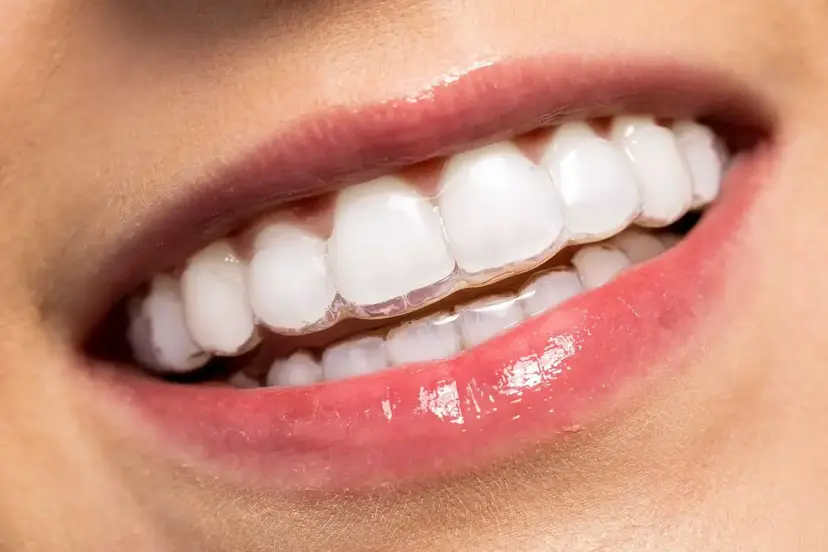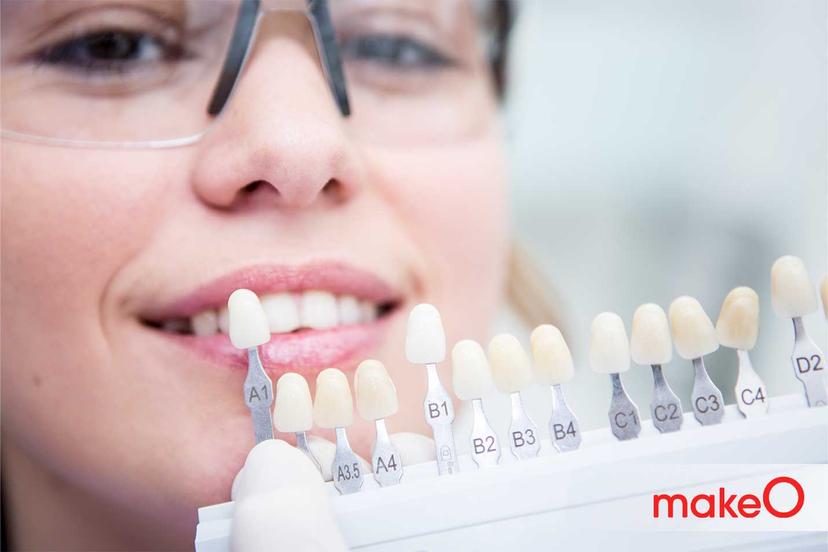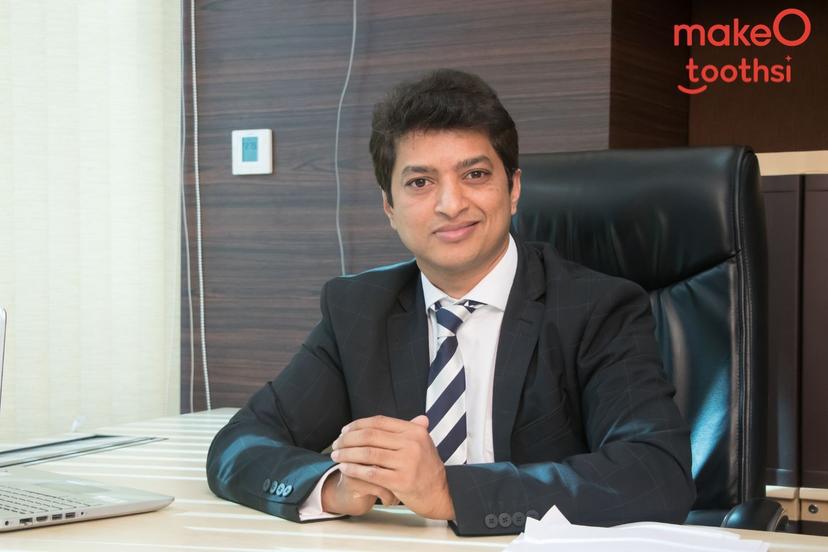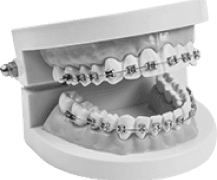MakeO blog
Getting a braces treatment is an effective way to straighten your teeth and fix any alignment issues with your teeth and jaw. Any type of dental treatment will have its set of side effects that you may experience during or after the treatment. Being aware of teeth braces' side effects will help you understand which ones are normal to have and which ones should be informed to your orthodontist.
Knowing about these side effects will also help to debunk most of the myths about getting your teeth straightened through braces. Let's look at some common side effects of braces:
Common Side Effects of Braces
1. Discomfort
The most common side effect of braces tightening is to experience discomfort at the beginning of the treatment. Braces apply continuous gradual pressure on the teeth through brackets and archwire to get the teeth in the desired position. One of the side effects of braces tightening is experiencing slight pain and pressure on teeth. However, this is a common side effect of braces which will go away after some time.
2. Irritation
Another form of braces' side effect is to experience irritation in your mouth in the beginning. Dental accessories such as brackets, archwire, and elastic ties can irritate your mouth as these accessories crowd your mouth. Your mouth will take some time, in the beginning, to get comfortable with these dental accessories before adjusting to them.
3. Cuts and Bruises
You can experience occasional cuts and bruises on the inner side of your mouth due to the brackets in your braces. The brackets come in constant contact with the inner part of your mouth which can lead to cuts and bruises. You can also develop mild ulcers in your mouth through constant irritation caused by the brackets. If you are experiencing such side effects from wearing braces, then you should put dental wax on the brackets causing this problem.
4. Jaw Pain
Experiencing jaw pain can also be one of the side effects of braces for adults as teeth correction also involves alignment of the jaw. As your jaw is adjusting to the movement of the teeth, it is common to feel mild pain in the jaw, especially in adults. You can also feel jaw pain if your treatment is particularly focused on the alignment of the jaw.
5. Difficulty in Speaking
One of the long-term side effects of braces during the treatment is to experience difficulty speaking. Your mouth will be occupied by brackets and archwire which can restrict the movement of your tongue and teeth. This can cause difficulty in speaking during the treatment process till the braces are present.
6. Difficulty in Eating
Braces restrict the movement of your teeth by keeping them together through the brackets and archwire. You can experience difficulty in eating as you cannot use your front teeth to bite hard food items to protect the brackets from getting damaged. You will require some time to get used to eating with your braces with the initial difficulty.
7. Teeth Relapse
Relapse of your teeth alignment is one of the side effects of braces after removing them from your teeth. If you don’t wear your retainers as instructed by your orthodontist, then you can experience teeth relapse where the teeth start moving to their original position.
You can avoid most of these side effects by opting for teeth aligners. If you are looking to start your teeth alignment journey, then you can check out high-quality clear aligners from makeO toothsi. The clear aligners from makeO toothsi can fix various teeth alignment issues such as teeth gaps, uneven bite, and crooked teeth.
FAQs on Braces side effects
1. Do braces have long-term side effects?
Poor dental hygiene during your braces treatment can cause long-term side effects such as the risk of tooth decay and gum disease. This can be caused due to food particles getting stuck in your braces leading to plaque formation.
2. Can braces damage your teeth?
Braces don’t damage your teeth, but they apply gradual pressure on your teeth which can lead to discomfort in the beginning. However, poor oral health during your braces treatment can damage your teeth and gums through various issues such as tooth decay, gum disease, and plaque formation.
3. Do braces affect your face?
Braces can affect the features of your face near your teeth such as the jawline, cheeks, and lips. These changes can occur due to the predominant movement of teeth leading to the correction of your jaw and other facial features.
4. What age is not good for braces?
Ideally, there is no particular age after which you cannot have braces to get your teeth corrected. The use of braces depends upon your oral health and the degree of correction required for your teeth. Your orthodontist will decide whether you should get braces after the check-up of your teeth.
Related articles

Types of Braces: Removable vs Fixed Braces, Which is Right For You?

This Diwali, Smile Bright With makeO Teeth Whitening Kit

Dr. Pravin Shetty: Pioneer in Lingual Orthodontics & Innovative Smile Solutions
How do I Know I’m the Right Candidate for makeO toothsi Teeth Aligners?

